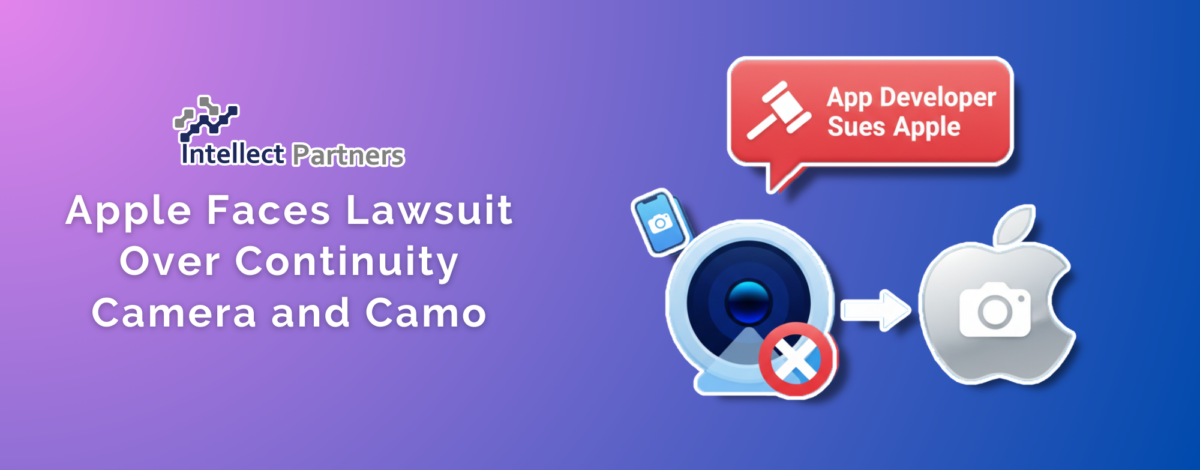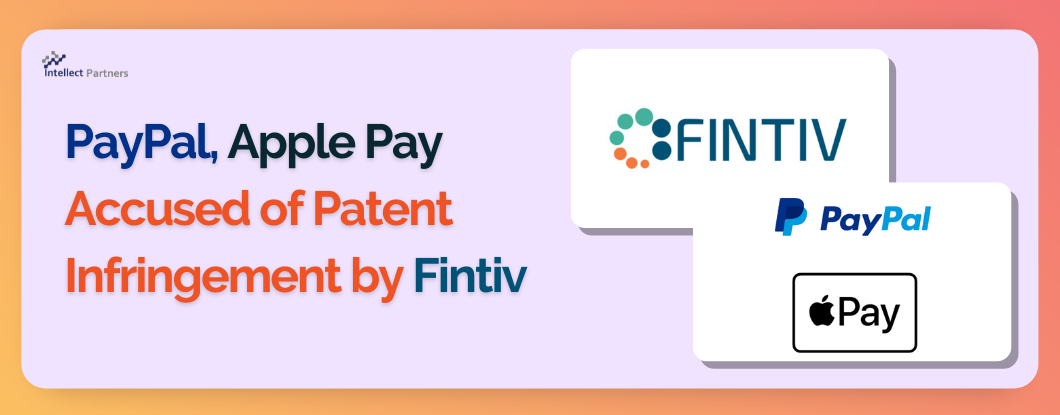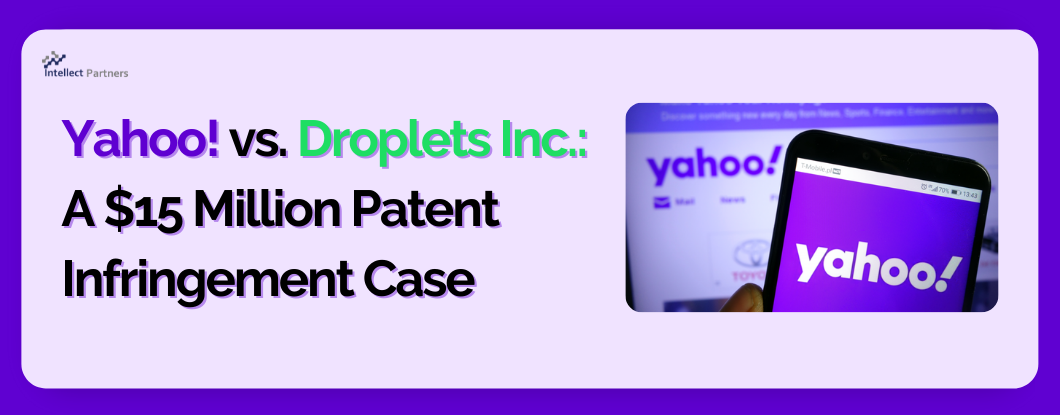The tech industry is currently witnessing a massive legal collision where innovation, intellectual property, and platform dominance meet. Two major legal battles are defining the landscape in 2026: Nokia’s global pursuit of Warner Bros. Discovery and Reincubate’s David vs. Goliath antitrust and patent suit against Apple.
These cases are not just about money; they are about who owns the fundamental “pipes” and “code” that make modern digital life possible.

The Reincubate Takes on Apple over Continuity Camera
On January 27, 2026, London-based software developer Reincubate Ltd filed a blockbuster federal lawsuit against Apple Inc. in the U.S. District Court for the District of New Jersey (Case No. 2:26-cv-00828). The suit accuses the tech giant of stealing the technology behind its popular app, Camo, and using its platform dominance to crush competition.
The Technical Front Two Patents and a High-Stakes Claim
Reincubate is not just crying foul over a lost business opportunity; they are armed with specific intellectual property. The lawsuit asserts that Apple’s Continuity Camera and the newer Final Cut Camera with Live Multicam willfully infringe on two key U.S. patents:
- U.S. Patent No. 12,335,323
- U.S. Patent No. 11,924,258
Both patents, titled “Devices, systems, and methods for video processing,” describe a specialized architecture where a capture device (iPhone) and a control device (Mac) cooperate to process video. Reincubate alleges that Apple copied their method of splitting processing tasks between devices to achieve high-quality, low-latency video—a breakthrough that Camo brought to market in 2020 during the peak of the remote-work era.

Allegations of Corporate Deceit
The narrative provided by Reincubate CEO Aidan Fitzpatrick is a cautionary tale for any developer in the Apple ecosystem. Fitzpatrick alleges that Apple acted as a “wolf in sheep’s clothing”:
- Beta Access: Thousands of Apple employees allegedly used Camo internally for years, providing the company with deep telemetry and usage data.
- The “Innovation” Bait: Apple praised the app and even nominated it for awards, encouraging Reincubate to “go all-in” on the platform.
- The WWDC Reveal: In 2022, Apple rendered the app obsolete by announcing Continuity Camera, using many of the same engineers who had previously praised Camo in private messages to Fitzpatrick.

Antitrust and the “Platform Obstacle”
Reincubate’s case goes beyond patents into Sherman Act Section 2 violations. They argue that Apple didn’t just compete; they cheated. Specifically:
- API Blocking: Apple allegedly used its control over the Continuity framework to prevent Camo from offering the same low-latency wireless features that Apple’s native solution enjoys.
- App Hijacking: When a user tries to use Camo, Apple’s OS often triggers Continuity Camera automatically, effectively suspending the third-party app and blocking its connection—a technical hurdle Reincubate claims is impossible to bypass without Apple’s cooperation.



